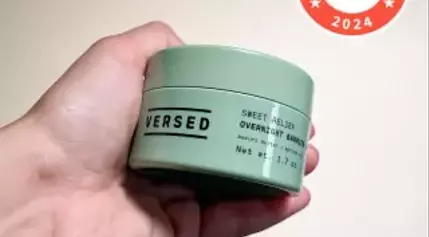A nationwide recall has been issued for a specific batch of pet food after a cat in Oregon succumbed to bird flu, an illness linked to contaminated food. The incident has raised concerns about the potential spread of avian influenza through pet products and prompted health officials to take swift action.Bird Flu Outbreak: Protect Your Pets and Family
The recent death of a cat in Oregon due to highly pathogenic avian influenza (HPAI) has led to a voluntary recall of Northwest Naturals’ Feline Turkey Recipe raw frozen pet food. This alarming event underscores the critical importance of ensuring pet food safety and highlights the need for vigilance among pet owners. State Veterinarian Dr. Ryan Scholz confirmed that the virus recovered from the raw pet food matched the one found in the infected cat, leaving no doubt about the source of contamination.
Potential Risks and Implications
The case involving the indoor cat has sparked significant concern within the veterinary community. Experts have long warned that cats can serve as carriers of the virus, particularly if exposed to contaminated food or infected birds. This situation serves as a stark reminder of the potential risks associated with feeding raw pet food and emphasizes the need for stringent quality control measures in the pet food industry.Moreover, the Centers for Disease Control and Prevention (CDC) recently identified the first severe human case of H5N1 bird flu in the United States during this outbreak. While no human cases have been reported in connection with the affected pet food, health officials are closely monitoring households where pets may have consumed the contaminated product. The CDC advises pet owners to remain vigilant and seek medical attention if they notice any unusual symptoms.
Consumer Actions and Recommendations
Consumers who purchased the affected Northwest Naturals’ Feline Turkey Recipe raw frozen pet food should immediately discard it. The sell-by dates for the recalled batches range from May 21, 2026, to June 23, 2026. Customers seeking refunds can contact Northwest Naturals at 866-637-1872. Pet owners are urged to consult their veterinarians for advice on alternative pet food options and preventive measures. Ensuring that pets receive safe and nutritious meals is paramount, especially given the heightened awareness surrounding avian influenza. Health experts recommend switching to cooked or commercially prepared pet foods until further notice to minimize the risk of exposure.
Broader Public Health Implications
This incident has broader implications for public health and safety. The ability of pets to act as vectors for infectious diseases like avian influenza cannot be overlooked. Veterinary and public health authorities are collaborating to enhance surveillance and response strategies to mitigate the spread of such pathogens. Furthermore, the CDC continues to monitor the situation closely, providing updates and guidelines to safeguard both human and animal health. The agency emphasizes the importance of hygiene practices, including proper handwashing and avoiding direct contact with sick animals or contaminated surfaces. These precautionary measures are essential in preventing the transmission of avian influenza and other zoonotic diseases.
Industry Response and Future Outlook
In response to this incident, the pet food industry is likely to face increased scrutiny regarding its manufacturing processes and safety protocols. Companies producing raw pet food will need to implement more rigorous testing and quality assurance procedures to prevent similar occurrences. Regulatory bodies may also consider revising standards and regulations to ensure higher levels of safety in pet food production.The future outlook for pet food safety hinges on the collective efforts of manufacturers, regulators, and consumers. By fostering greater transparency and accountability, the industry can build trust and confidence among pet owners. Continued research and innovation in pet nutrition will play a crucial role in addressing emerging health challenges and promoting the well-being of pets and their families.







![The History and Influence of Erotica in Fashion [PHOTOS] The History and Influence of Erotica in Fashion [PHOTOS]](https://royaweb.us-sea-1.linodeobjects.com/news/image/2024-07/3e8ac85fee0ac927de5ebb01be7c115e.webp)












